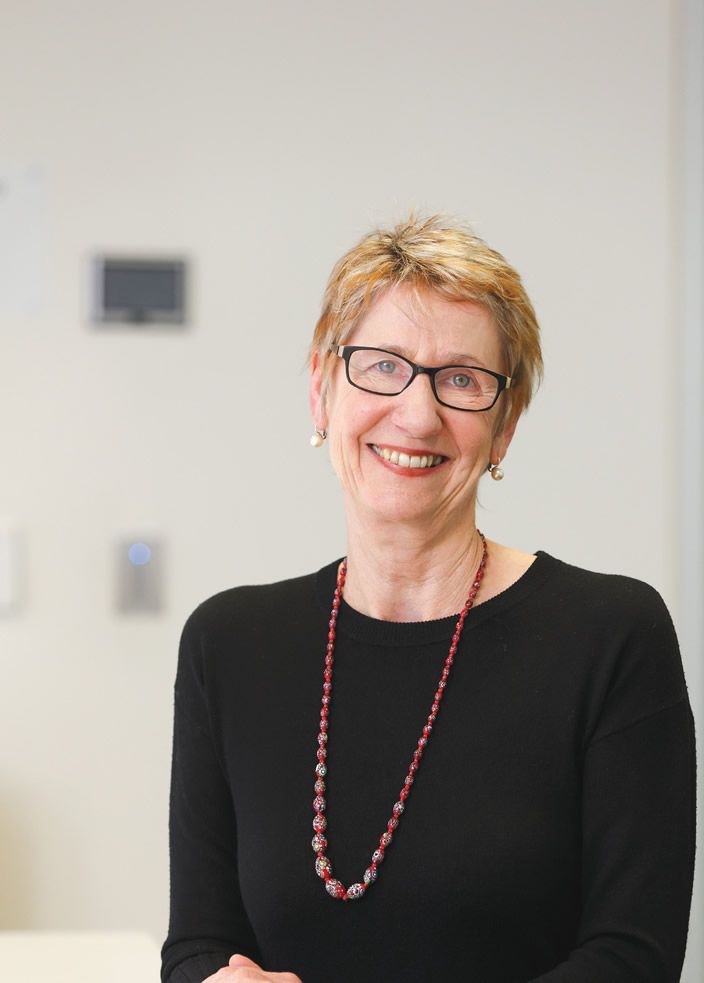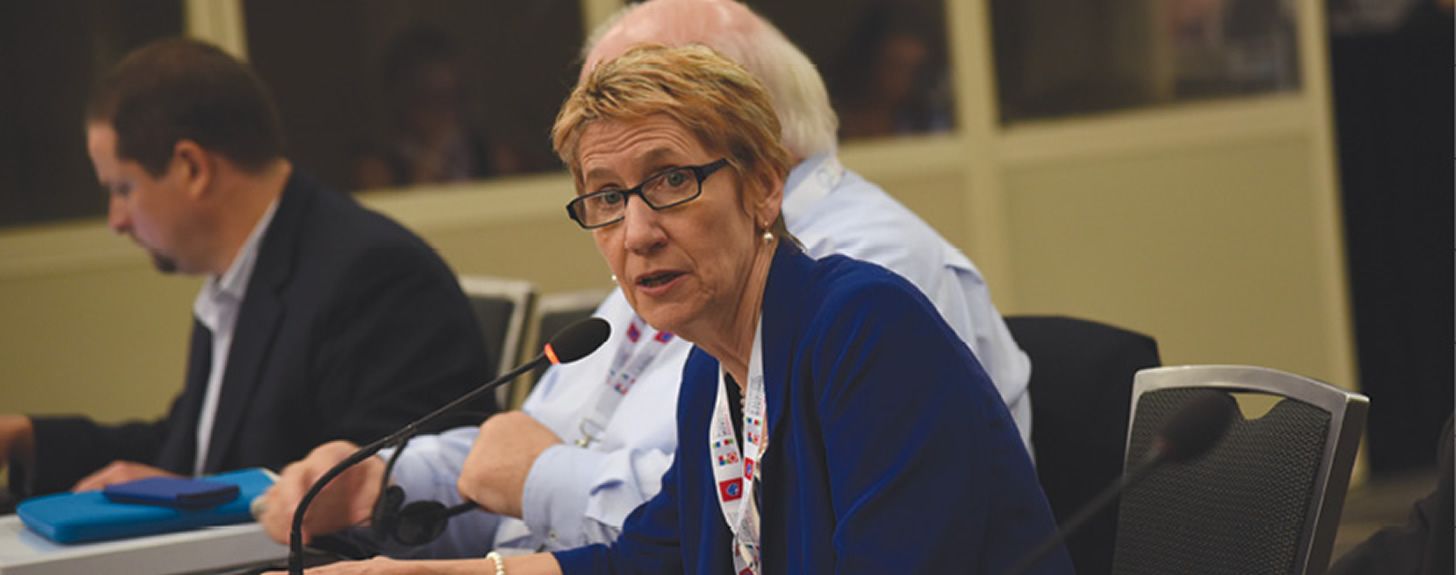
There is a global debate about the future of education that involves two competing educational visions, Susan Hopgood, President, Education International, writes.
The first vision is grounded in the understanding that without publicly funded schooling and highly qualified, and highly motivated teachers with a high degree of professional autonomy, there is little chance of all children getting the education they deserve.
Neither is there much chance of countries having stable societies or sustainable economies. The second vision is sustained by the illusion that education can be delivered more cheaply and efficiently by the free market, preferably with fewer, less qualified staff and a liberal dose of one size fits all online programs and standardised testing. This is not our vision. Education is a public good. The values of quality education are essentially the values that underpin democracy and social cohesion, as well as our prosperity.
Yet, in many places portions of our school systems are being carved out and outsourced to private businesses, while market principles increasingly determine what happens in our classes and schools. The simplistic transfer of ideas from the corporate world will not advance the quality of our school systems.
The idea that you can somehow improve quality by introducing standardised testing, league tables and performance pay, by ranking schools, by measurement, is wishful thinking. It does not work. Not in Australia or anywhere else in the world.
Commercialisation of education is weakening the teaching profession
Education International is mobilising education unions around the world to resist this global trend which may cause irreparable damage to our publicly funded school systems and to the teaching profession. Particularly in low income countries where governments find it difficult to achieve children’s right to quality education, for profit schooling is on the rise. International enterprises are entering the public domain claiming that they can help resolve the education deficit. One of these enterprises, Bridge International Academies, believes that it has found the holy grail with “an education business model” that is not only profitable but will also deliver what governments have failed to do, namely, providing quality education for all children.
Supported by philanthropists Bill Gates and Mark Zuckerberg, along with the help of the World Bank and the global education publishing house Pearson, Bridge Academies are now invading the primary and secondary school systems of African countries establishing so called ‘start up schools’.
They are pledging that in return for a small fee they will fulfill the dreams of millions of poor parents: quality schooling for their children. Leaving aside the question of whether it is morally acceptable to abandon the principle of free primary and secondary education, what should cause grave concern is the gradual disappearance of the qualified teacher from the education scene on the African continent.
Why would you need highly educated and expensive professionals when technology can help do the work more cheaply and efficiently, seems to be the philosophy. Pedagogy has taken a second row, professional freedom and autonomy have evaporated. In fact, teaching is no longer considered a profession by these ‘start-up’ schools.
Unqualified staff, who are paid less than half of qualified education personnel in regular schools, are given tablets that provide detailed lesson plans and daily instructions about what to say and what to do in the classroom. With support of Education International teachers’ organisations in Uganda, Kenya and Liberia have protested against the operations of these mostly western based education corporations, which in their view impede the strengthening of their national school systems while weakening if not undermining the profession.



































































































































